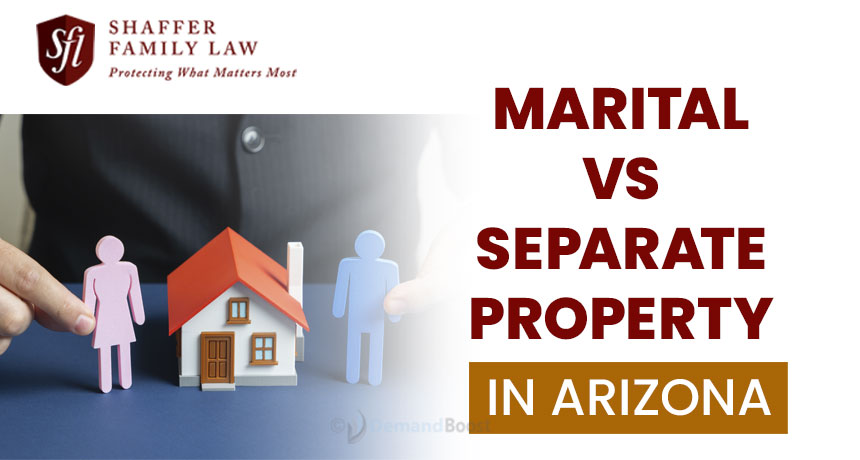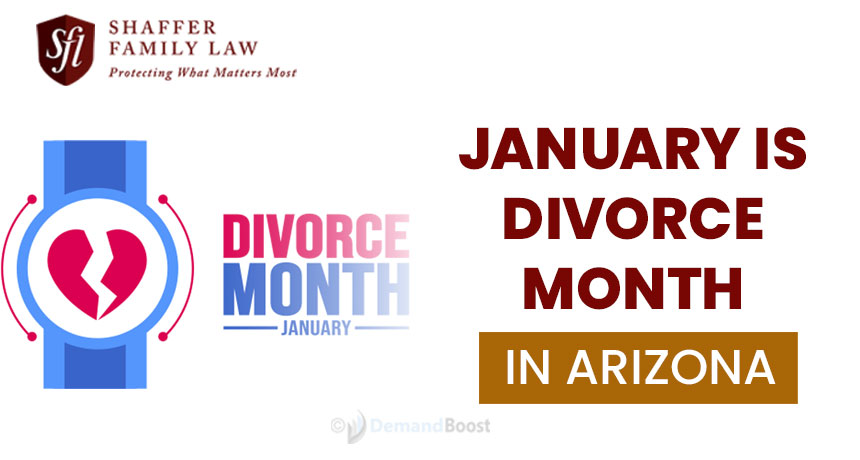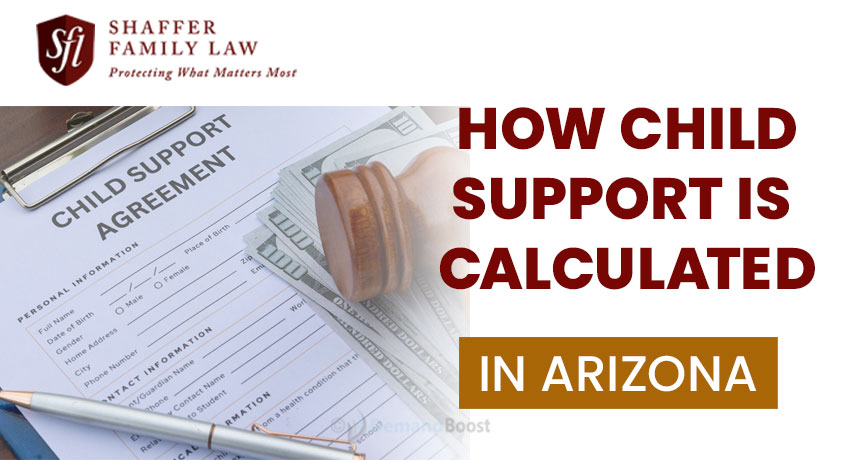Marital vs Separate Property in Arizona
One of the toughest challenges in a divorce is untangling the life you built with your soon-to-be-ex-spouse. Years of shared memories, experiences, assets, and financial obligations are intertwined over time. While the moments you built together can’t be divided, the family home, car, and investments can, which naturally raises questions and concerns about how they will be handled throughout the process.
At Shaffer Family Law, we’ve seen firsthand how surprised clients are when they come in for consultations, assuming that everything in a marriage is automatically shared. This misconception is common because not all assets are divided in a divorce, and many people struggle to understand the differences between marital (community) property and separate property. It’s usually only when they sit down and itemize the estate subject to division that the full reality becomes clear, sometimes uncovering details that weren’t apparent during the relationship itself.
Below, we outline how Arizona treats property and the key factors that can influence its division, helping you make informed decisions and protect your financial future.
The Distinction Between Marital and Separate Property
- Marital Property: In Arizona, property acquired during a marriage is generally considered community property, meaning it is owned by both spouses and subject to equitable division in the event of a divorce. This can include assets such as the family home, cars, retirement accounts, and income earned by either spouse during the marriage.
- Separate Property: On the other hand, property that a spouse owned before the marriage, as well as those that were received as gifts or inheritances during the marriage, is generally classified as separate property. These are not divided in a divorce and remain with the original owner.
A prenuptial or postnuptial agreement can override these guidelines, allowing couples to clearly define in advance how specific property and assets will be divided in the event of a divorce.
Arizona law also recognizes quasi-community property, meaning that property a spouse earns or acquires while living in another state can be treated as marital property if it would have been considered community property if obtained in Arizona.
Separate property, however, can still become part of the marital estate if it is commingled with community property. For example, depositing an inheritance into a joint account or using premarital savings to pay for marital expenses can blur the lines.
Protect Your Assets During an Arizona Divorce with Shaffer Family Law
Navigating Arizona’s community property laws can feel overwhelming, especially while you are also coping with the emotional strain of ending your marriage. The last thing you want is to unintentionally give up an asset you value or accept a financial outcome that does not reflect your contributions.
With Shaffer Family Law, on your side, you don’t have to navigate this process on your own. We take on the legal and financial complexities of property division so you can focus on yourself, your family, and moving forward. Whether negotiations take place across the table or in the courtroom, we advocate for outcomes that are fair and aligned with your best interests. And because divorce often involves more than just assets, our family law attorneys can also guide you through related matters such as alimony, child custody, and support, providing comprehensive support every step of the way.
Call (480) 470-3030 or request your consultation online today and take control of your financial future.










